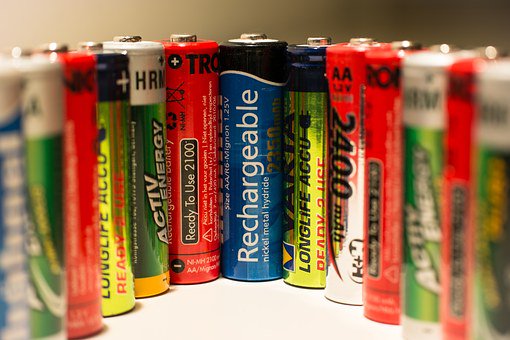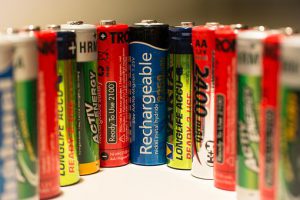EV batteries are gaining a new lease on life once they’re no longer needed on the road, which is good news for the environment
BloombergNEF (BNEF) has released data that forecasts the global mountain of used batteries will amount to 3.4 million by 2025, highlighting the importance of repurposing or recycling as more electrified cars reach the end of their useful life and start showing up at scrapyards.
The good news is that, even when they’re no longer suitable for vehicle use, lithium-ion batteries retain around 80 percent of their charge capacity and can enjoy a second life in a range of purposes for up to 10 years.
Some of these are quite novel, such as the eVoyager, a small sea-going ferry in Cornwall, England that’s powered by repurposed Nissan Leaf batteries.
Nissan itself has been proactive in finding ways to repurpose batteries including using them to power camping trailers. Last year the company launched ‘Roam’ battery pack that features lithium-ion battery cells from first-gen Leaf cars capable of storing up to 700Wh of electricity.
While that’s a tiny figure for moving a vehicle, Nissan says when used to store power from a 400W solar panel they’ll be able to provide a week’s worth of power for a camper trailer. In addition, the ROAM unit is portable and can also be used separately for a range of applications including work sites.
Meanwhile, Audi is using lithium-ion batteries from its old hybrid and e-tron models to replace heavy lead-acid batteries in its forklifts at its Ingoldstadt factory. Not only are the batteries finding a second use, they are lighter than the type they replace.
And last year Volkswagen announced it would use old batteries from its vehicles to create portable EV recharging stations that could hold up to 360 kilowatt-hours of energy – enough to charge up to four vehicles at a time.
Most repurposed EV batteries are likely to end up as power storage for homes and businesses in so-called ‘power walls’ but not all electrified vehicles employ lithium-ion technology.
Toyota still favours nickel-metal hydride (NiMH) for some of its hybrid models which is not as energy dense as Li-ion but is significantly cheaper. Here too though, there are recycling possibilities.
Retired Toyota Prius batteries are being used to store power from solar panels in 7-Eleven stores across Japan, and in Sweden a similar scheme is using Volvo batteries to charge three-storey apartment buildings.
Other examples include:
Daimler and Mercedes-Benz Energy converting a retired coal-fired plant in Elverlingsen, Germany, into an 8.96 MW energy storage facility using 1920 modules from EV battery packs.
Hyundai collaborating with Finnish energy technology group Wärtsilä to use EV batteries for energy storage.
BMW teaming with Swedish energy company Vattenfall to build a 2.0MW energy storage facility in Hamburg using 2600 retired battery modules from more than 100 BMW cars to stabilise the grid and reduce the impact of peak demand.
Read more: whichcar





